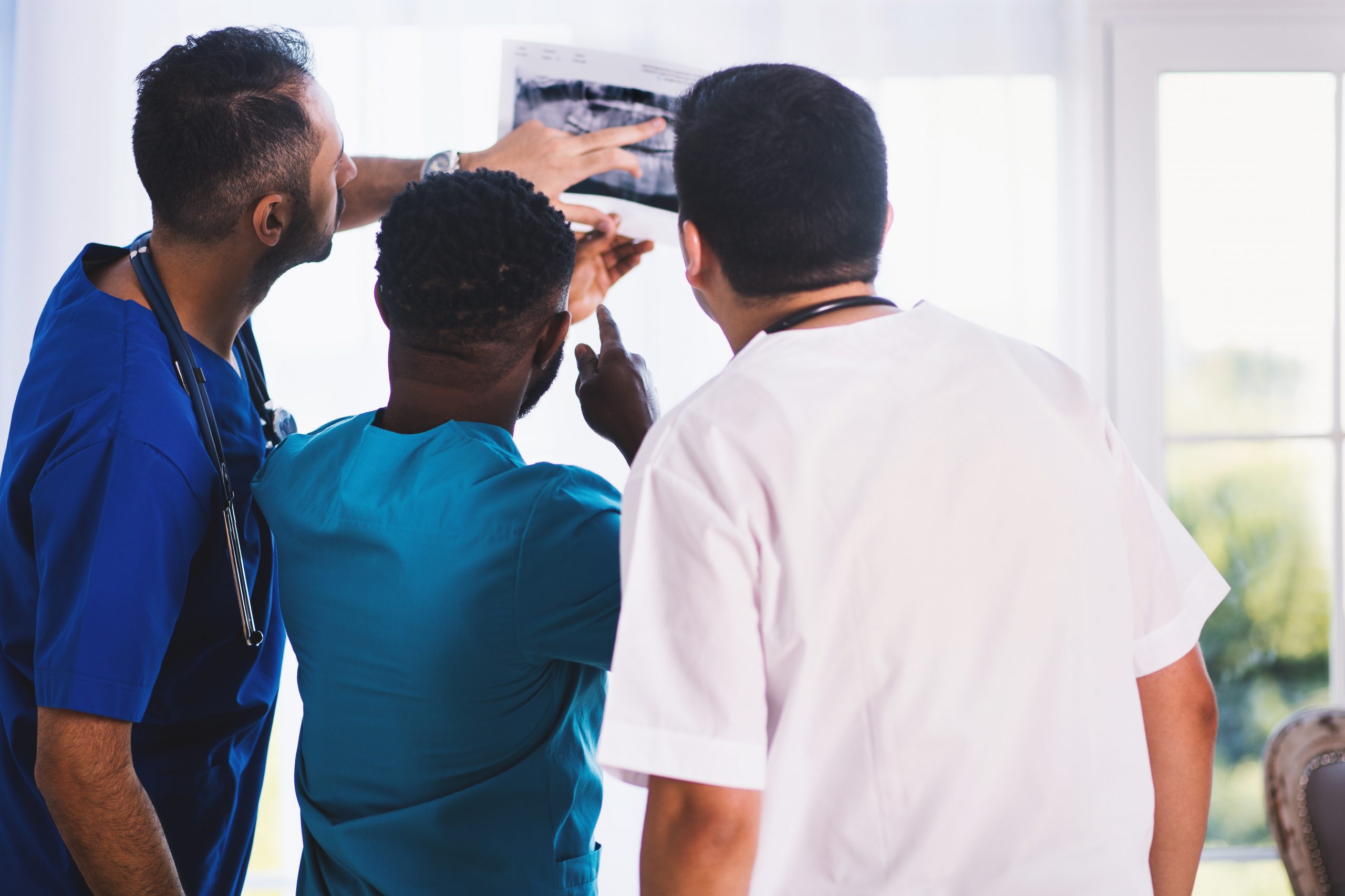We welcome the urgent call from the RCN Foundation, in collaboration with brain injury recovery charity Same You, to develop enhanced training for nurses dealing with neurological rehabilitation.
In commissioning a higher education institution, they hope to equip nurses with the additional skills needed to support patients in the UK aged between 18 and 40 who have an acquired brain injury (ABI).
A nurse’s role in neurological rehabilitation can have a significant impact on patient recovery. From the initial chances of a diagnosis, through to early care and adequate discharge information – nurses can make a real difference.
Initial treatment and diagnosis
An ABI is at risk of becoming a ‘hidden disability’ in a patient being treated for other injuries. It is common for ABIs to have no visible symptoms while cardiac or orthopaedic problems, for example, are more obvious. This means underlying head injuries can go unnoticed – especially as problems don’t always appear on an MRI or CT scan.
ABIs can also overlap with behavioural symptoms such as depression, fatigue and mood swings. This makes it difficult to recognise when mental health problems stop and signs of a brain injury start.
Having a key person with the patient and their family helps to gain vital insights about patients who are acting out of character, and recognising potential symptoms. Further training will help nurses to spot issues at an early stage and call in a relevant brain injury expert for further diagnosis, which could make a real difference in successful rehabilitation.
Treatment and early care
An optimistic attitude dramatically increases the chance of a successful recovery from an ABI. Even with traumatic brain injuries, it has been proven that behaviours such as celebrating small victories, using humour and remaining hopeful can have a positive impact. This is true not only of the patient themselves, but of the staff involved in supporting and motivating the patients and their families.
Teaching nurses to have a deeper understanding of their behaviours and the power of their words on patients and their families can only have a positive effect.
Discharge and continued patient support
Equipping nurses with all of the knowledge they need for discharging brain injury patients will ensure that patient recovery continues along the right path. Are there any local support groups? Would the patient benefit from a referral to a speech and language therapist? Does the family need information about counselling? Is it safe for the patient to drive after discharge?
Nurses that have been trained to answer these questions, and many more, will be able to provide the best possible patient care.
The importance of adequate training
At a time when the NHS is under great strain, the role that nurses play is more important than ever. We are hopeful that this new course will alleviate some of the pressures on medical staff involved with brain injury rehabilitation, which in turn will benefit patients.

